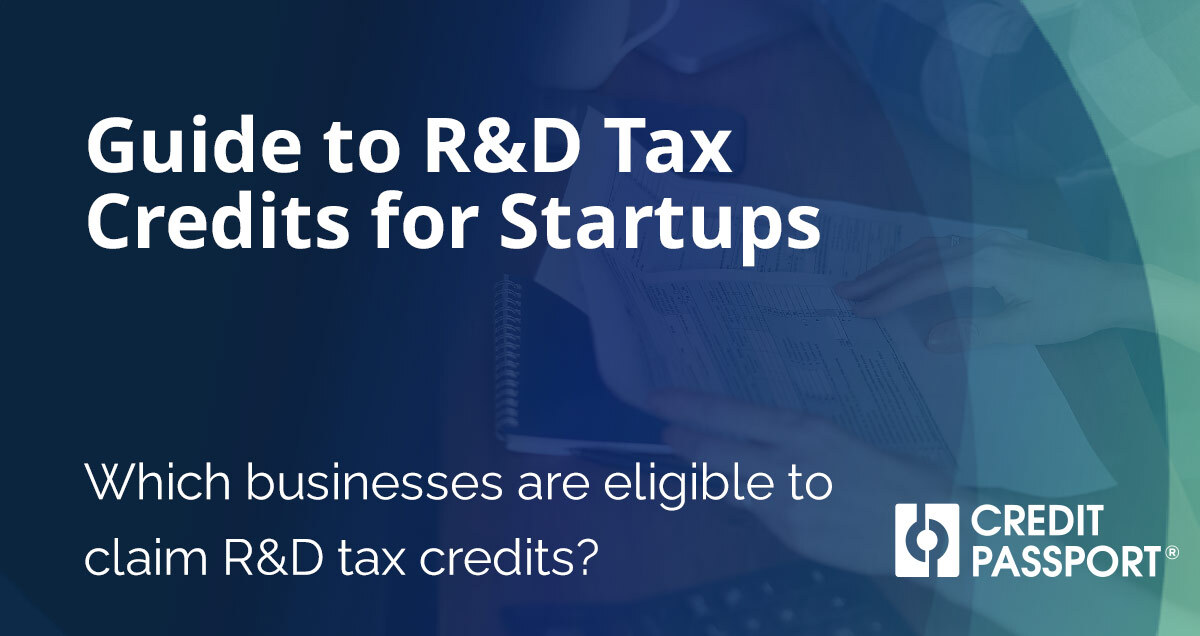Some small businesses aren’t only having to cope with the impact of COVID-19. With the UK having left the EU, they are facing new customs arrangements from 1 January 2021.
That’s when traders, haulier and customs intermediaries will need to submit customs declarations for goods moving between the UK and EU.
Recognising the investment required, HM Revenue and Customs is providing grants to help companies prepare. You can apply for three different grants, which are administered by PwC:
- Training
- IT improvements
- Recruitment
Businesses based in the UK, or that have a branch in the UK, can apply for one or all of these.
The closing date for applications is 31 January 2021. However, the scheme will close once all the funding has been allocated, so it’s advisable to apply sooner rather than later.
In the rest of this article, we’ll cover the amounts and eligibility criteria for each type of grant, and how to apply.
1. TRAINING
Grants for training are available for:
- customs intermediaries
- traders
- hauliers
What’s it for?
You can use the grant to upskill staff to be able to do the following:
- Complete customs declarations or other declarations required to complete customs processes in the UK or EU (such as safety and security declarations).
- Manage customs processes and use customs software and systems.
Qualifying expenditure must have been made on or after 31 July 2019.
What kind of training is excluded?
- Training that helps organisations comply with national mandatory standards on other training; for example training to meet health and safety requirements;
- Training related to other HM Government statutory requirements that are not directly related to exports, such as VAT
- Ad hoc or informal ‘on the job’ training.
How much can you apply for?
100% of training costs, provided that it does not take your de-minimis state aid above €200,000. There is a cap per trainee of:
- £2,250 for externally delivered training
- £250 for internally delivered training
A training grant can be used to upskill staff to be able to complete customs declarations or other declarations required to complete customs processes in the UK or EU.
2. IT IMPROVEMENTS
To apply for the IT grant, a business must be both:
- A customs intermediary, or a business that wishes to begin performing this function for its customers
- An SME, micro business or individual.
Businesses are eligible if they have:
- Employees: up to 250 or fewer employees
- Turnover: up to Euro £50m
- Balance sheet: up to Euro £43m
What’s it for?
An IT improvement grant helps towards purchasing the first year of a packaged software solution to increase automation or productivity in completing customs declarations. The funding can also be used:
- To buy hardware required to run the software, such as cables, desktops, keyboards, laptops, monitors.
- To install and configure the software and hardware;
- For related software training.
Qualifying expenditure must have been made on or after 31st July 2019.
What kind of IT improvements are excluded?
- Expenditure not directly related to increasing capacity or productivity within the customs brokerage function relative to preparations ahead of Brexit
- Bespoke software packages. Only Commercial Off The Shelf (COTS) software is eligible.
- Network costs
- Costs relating purely to IT expenditure to facilitate the transition from interfacing with the CHIEF (Customs Handling of Import and Export Freight) system to the new CDS (Customs Declaration Service).
How much can you apply for?
100% of costs, provided it does not take your de-minimis state aid above €200,000.
The only requirement is that “all expenditure must be reasonable, appropriate and at normal commercial rates.” Businesses registered for VAT registered businesses will be paid the net value of their expenditure, and non-VAT registered businesses the gross value.
An IT improvement grant helps towards purchasing the first year of a packaged software solution to increase automation or productivity in completing customs declarations.
3. RECRUITMENT
This grant is available to customs intermediaries who complete customs declarations paperwork on behalf of clients.
This means preparing customs declarations paperwork - import or export declarations - on behalf of importers or exporters, and submitting them to customs authorities such as HMRC.
The definition includes customs brokers, express operators and freight forwarders.
What’s it for?
The grant covers the associated recruitment costs of hiring a new employee. It includes funding for:
- The indirect costs involved with recruitment including (but not limited to) advertising and marketing, application review and interview time, and on-boarding processes;
- The direct gross salary costs of the new employee for the first 3 months of employment only.
Qualifying expenditure, including the recruitment of a new employee, must have been made on or after 1 October 2019 and on or before 31 January 2021.
What kind of recruitment expenses are excluded?
You can’t claim for expenditure associated with:
- New recruits with a job role not specific to completing customs processes in the UK or EU and/or managing customs processes and using customs software and systems
- Businesses who currently do not operate as a customs intermediary
- Additional indirect recruitment costs in excess of £3,000
- Salary costs for more than 3 months, and/or in excess of £10,000 for 3 months
- Contracts of employment between the new employee and the applicant business for less than 6 months.
How much can you apply for?
You can apply for up to £13,000 per recruit, provided this does not increase the amount of de-minimis state aid received above €200,000.
The following criteria apply in regard to recruitment administration and salary
- The grant will provide fixed funding of £3,000 to be used for any administration costs incurred in relation to recruitment.
- This grant will fund three months of the new employee’s gross salary up to a maximum of £10,000.
How to apply for a Customs Grant
Visit the Customs Grant Schemes website. The site has a useful Applicant’s checklist with information on how to evidence your expenditure. You register for an account and apply on the same site.



